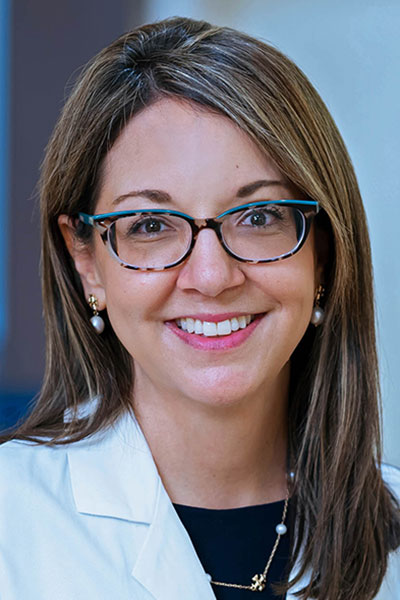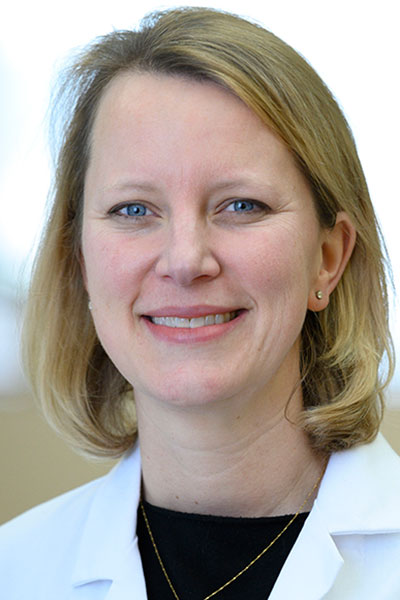The landscape of breast cancer research and treatment is rapidly evolving. The 2023 SABCS® will feature six concurrent poster spotlight sessions, each showcasing top-rated abstracts covering cutting-edge topics that have the potential to shape future clinical practice.
The first of these six sessions, Concurrent Poster Spotlight Session Block #1, will be held from 5:30 p.m. – 6:30 p.m. CT on Tuesday, December 5. The format of the Spotlight Sessions will differ slightly from prior years, with authors having four minutes to present their abstracts. There will also be two expert discussants who will summarize the abstracts and highlight their clinical relevance. Each Poster Spotlight Session will conclude with a live question-and-answer session with all spotlight discussants and poster presenters available to answer questions.
Here is a look at the abstracts in the first Poster Spotlight Session block. Be sure to attend this and other Poster Spotlight Session blocks scheduled at this year’s SABCS®. Check the full program at SABCS.org or the meeting app for more information on the six Concurrent Poster Spotlight Session blocks featured at the 2023 SABCS®.

Poster Session 1: Less is More: Minimizing Surgical Treatment in Patients with Early-Stage Breast Cancer
Developed by: Andrea V. Barrio, MD, FACS, Associate Attending, Breast Service, Memorial Sloan Kettering Cancer Center
Location: Stars at Night Ballroom 3-4
This session will highlight emerging topics in local therapy of early-stage breast cancer, including management of the axilla, considerations for treatment of primary and recurrent ductal carcinoma in situ (DCIS), and newer radiation techniques.
“The locoregional spotlight session is always an engaging, lively session that highlights important work in the field of local therapy. The abstracts submitted this year were excellent, and the studies being presented will be of interest to all surgeons and radiation oncologists, particularly those whose primary focus is local therapy,” Dr. Barrio said.

Poster Session 2: Improving Quality of Life (QOL) and Care Delivery for the Breast Cancer Patient
Developed by: Anne Blaes, MD, Director and Professor of Medicine, Masonic Cancer Center
Location: Hemisfair Ballroom 1-2
This session will focus on improving QOL and care delivery for individuals with breast cancer. A range of topics will be covered, including QOL results from the MONALEESA trials; how sleep and peripheral neuropathy impact QOL in breast cancer survivors; and how health coaching and nurse-led models can improve survivorship care and outcomes in breast cancer survivors.
“With the growth in breast cancer survivors and individuals living with breast cancer, understanding how therapies impact QOL and other measures such as neuropathy and sleep are essential in keeping individuals living well,” Dr. Blaes said.
The session will be beneficial for all MDs, advanced practice providers, patients, patient advocates, and researchers.

Poster Session 3: Insights from Single Cell, Spatial, and Artificial Intelligence Approaches
Developed by: Frederick Howard, MD, Instructor of Medicine, The University of Chicago, and Sherene Loi, MBBS (Hons), PhD, FRACP, FAHMS, Professor, Peter MacCallum Cancer Center
Location: Stars at Night Ballroom 1-2
This session will highlight novel approaches to better characterize breast cancer, ranging from single-cell to multiplex imaging and artificial intelligence. A range of topics will be covered, including the potential use of spatially resolved techniques to determine prognosis and resistance, as well as some novel approaches looking at the implementation of artificial intelligence in the clinical setting.
“I think we’re going to see in the coming years that these novel approaches are going to unveil new patterns in breast cancer, including characterizing breast cancer in the microenvironment and eventually expanding into important prognostic markers and unveiling mechanisms of response and resistance,” said Dr. Howard.
This session will be particularly beneficial for anyone participating in translational work in breast cancer as these methodologies may eventually lead to the next generation of biomarkers for unanswered questions in breast cancer.

